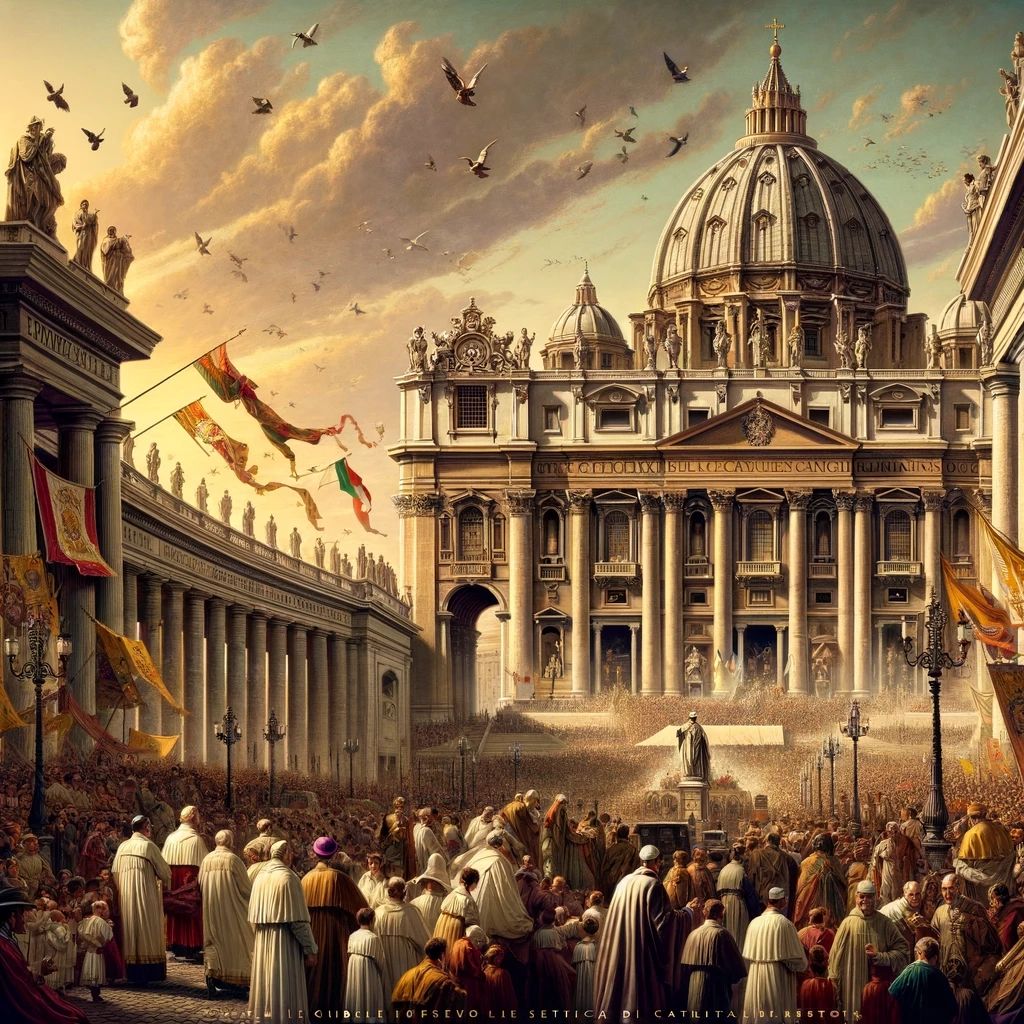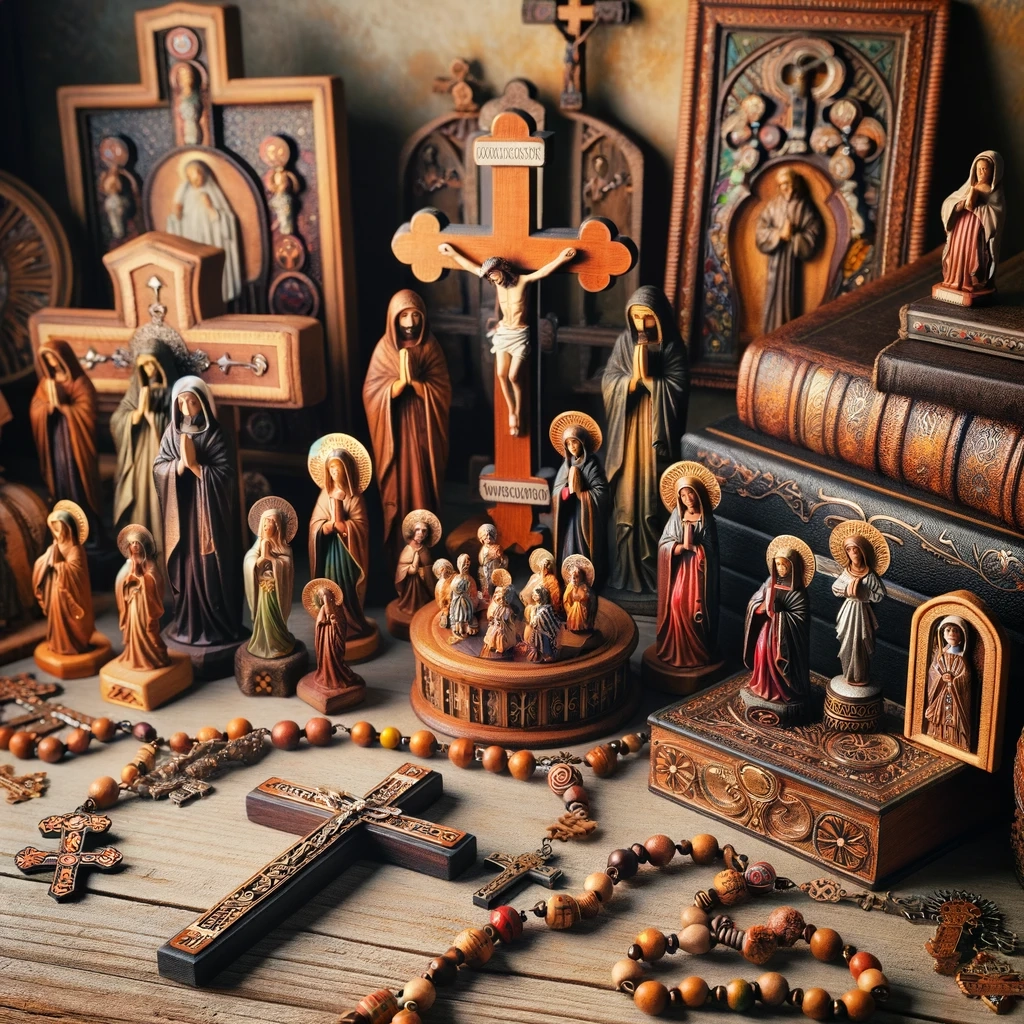The first Jubilee in history
The first Jubilee in history is a religious tradition that has ancient and deep roots in the history of the Catholic Church. The term “Jubilee” comes from the Hebrew word “yovel,” meaning “horn” or “trumpet,” and was originally associated with a ritual of deliverance and forgiveness in the Old Testament. However, the first Christian Jubilee, as we know it today, was instituted by Pope Boniface VIII in 1300.
The First Jubilee in History
The Announcement of Pope Boniface VIII
The first Christian Jubilee was called by Pope Boniface VIII through the papal bull “Antiquorum habet fida relatio” on February 22, 1300. This bull proclaimed the year 1300 as an extraordinary holy year and invited the faithful to make a pilgrimage to Rome. The main goal of this Jubilee was to reconcile sinners, promote faith and celebrate divine mercy.
The Evolution of Frequency
The pope established that the Jubilee would be held every hundred years, but later, successive popes changed the frequency to fifty years. Over the centuries, this tradition has evolved and now the Jubilee is held every 25 years. However, the Pope can also proclaim extraordinary jubilees on the occasion of special events or celebrations.
The Initial Meaning of Jubilee
Reconciliation and Plenary Indulgence
The Christian Jubilee had a very specific initial significance when it was instituted by Pope Boniface VIII. Its main purpose was to offer the faithful the opportunity to obtain plenary indulgence, which is the complete forgiveness of sins and temporal punishments associated with them. During the Jubilee, pilgrims who visited Rome and performed certain acts of devotion and repentance could obtain this indulgence.
Divine Mercy
The forgiveness of sins and the obtaining of plenary indulgence were regarded as an act of divine mercy. Pilgrims were called to perform works of charity, pray, confess their sins and participate in liturgical celebrations. This extraordinary period of grace and forgiveness aimed to strengthen the faith of the faithful and bring them closer to God.
The Current Meaning of Jubilee
Beyond the Aspect of Forgiveness
Over the centuries, the significance of Jubilee has expanded and enriched. In addition to the aspect of reconciliation and forgiveness of sins, the Jubilee is now seen as a time of spiritual renewal and deep reflection on the Christian faith. While the Jubilee of the 1300s was primarily centered on Rome and pilgrimage to the Eternal City, today’s Jubilee celebrations involve communities all over the world.
A Global Celebration
The Jubilee is an opportunity for Catholics to strengthen their faith, engage in works of charity and promote social justice. In addition, the Pope often addresses specific themes for each Jubilee, such as mercy, family or youth, to reflect on contemporary challenges and issues affecting the Church and the world.
In conclusion
A Significant Evolution
In conclusion, the first Jubilee in history, called by Pope Boniface VIII in 1300, marked the beginning of a tradition that continues to be significant for Catholics around the world. While its initial meaning was mainly focused on forgiveness of sins, today’s Jubilee has a broad meaning that includes spiritual renewal, charity and reflection on faith. It is a special time for the Catholic Church and the faithful to celebrate divine grace and strengthen their connection with God.







